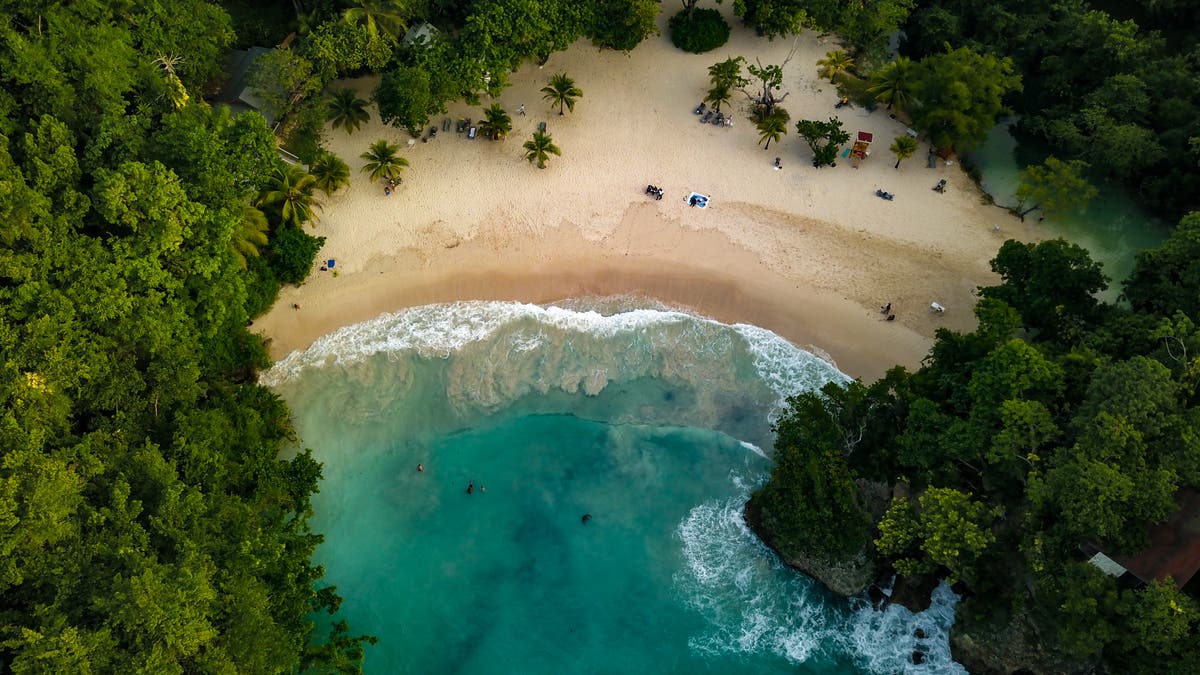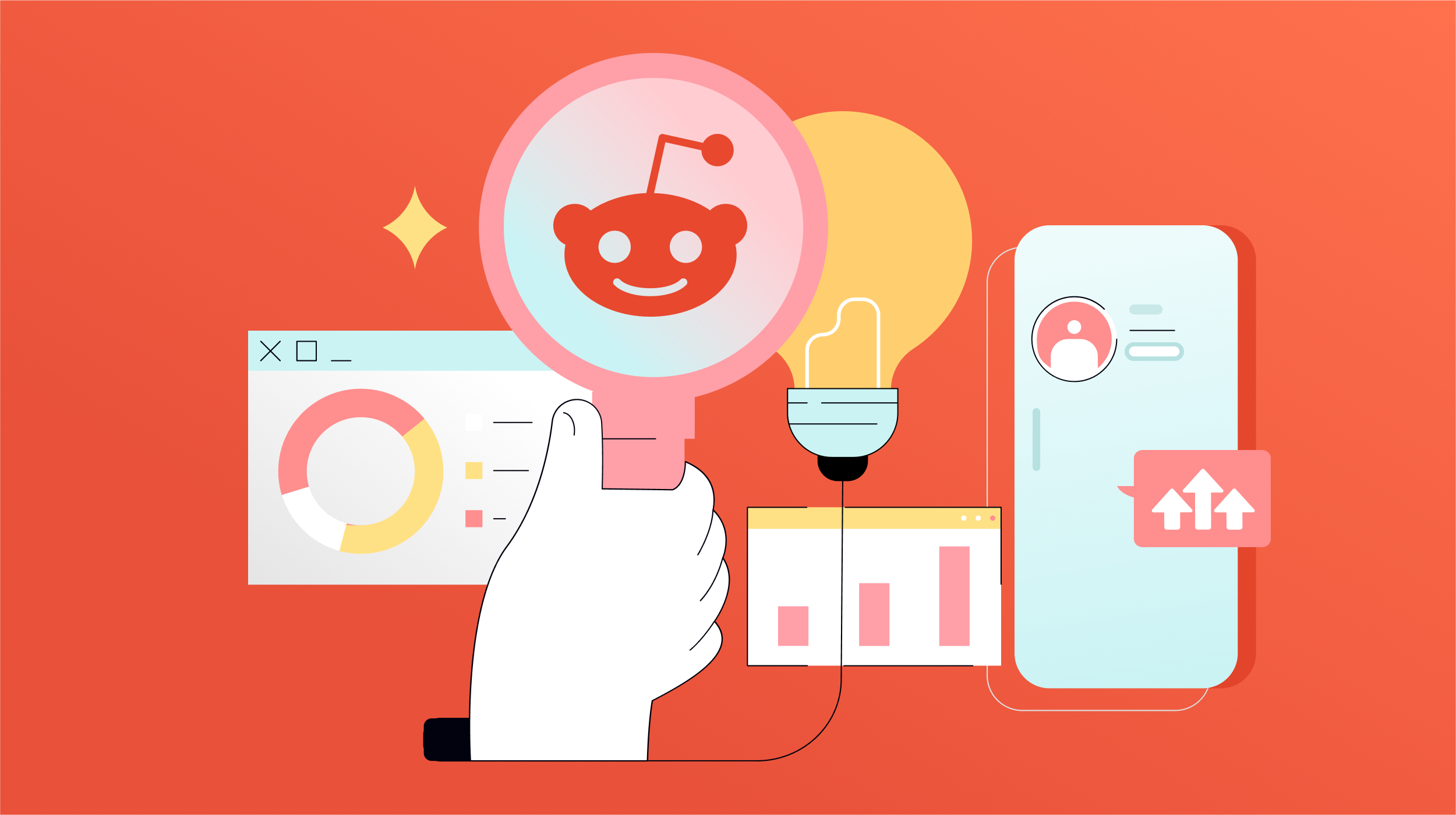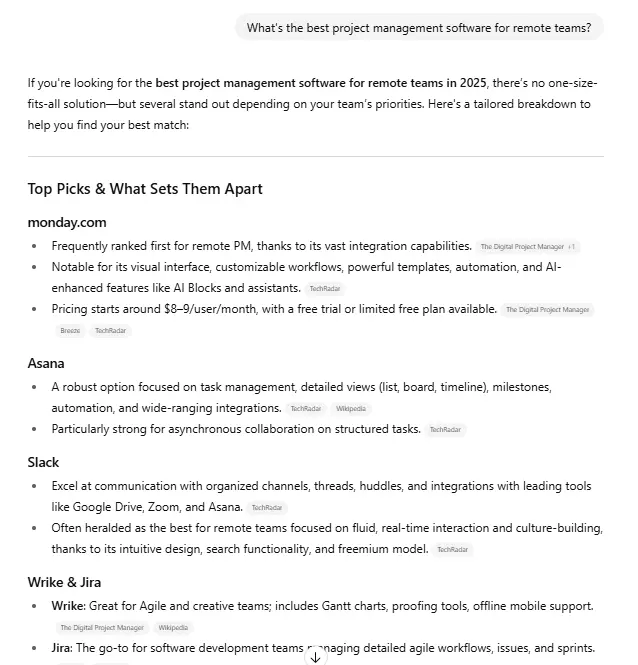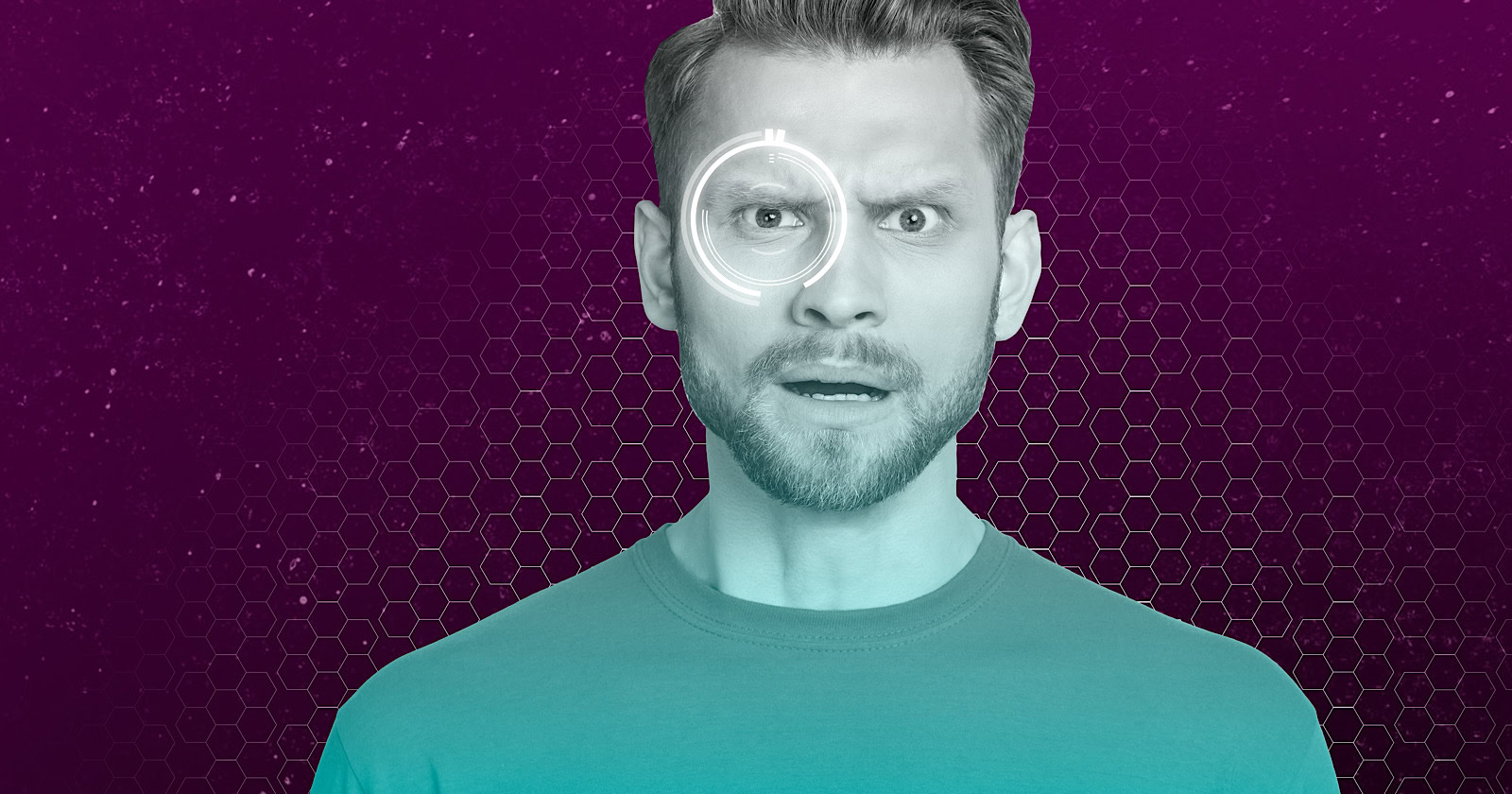You Can Stream Thousands of Free Public Domain Audiobooks
Audiobooks make writing more accessible for many people. Unfortunately, they can also be pretty pricey. While it’s possible to borrow audiobooks from your public library, popular titles often have long waiting lists. Beyond that, it can take hundreds of...
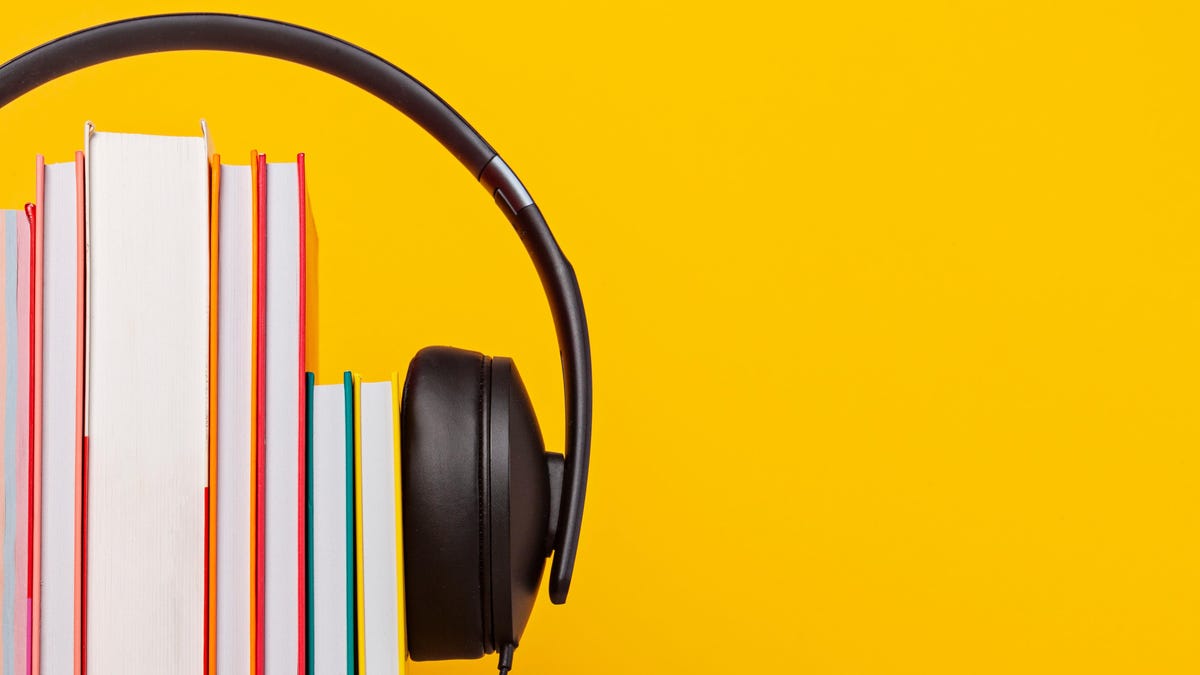
Audiobooks make writing more accessible for many people. Unfortunately, they can also be pretty pricey. While it’s possible to borrow audiobooks from your public library, popular titles often have long waiting lists. Beyond that, it can take hundreds of hours to record, edit, and publish a single audiobook.
To expand the current offerings, Project Gutenberg and Microsoft used neural text-to-speech technology to create “human quality” audio recordings of thousands of public domain books. Here’s how to find and listen to the collection.
How to access the free audiobooks
First, make your way to the The Project Gutenberg Open Audiobook Collection homepage. If you’re not sure what you’d like to listen to, click on or scroll down to “Listen,” then “Browse Collection” on the right. There you’ll find a list of all the audiobook titles available on the site, in (mostly) alphabetical order (there are a few titles at the very top that begin with a number or punctuation mark).
If you click on a title from that list, a new tab will open, and the recording will play. You can also stream (or download) the audiobooks via:
SpotifyApple PodcastsGoogle PodcastsThe Internet ArchiveCurrently, there are more than 5,000 audiobooks that are available to stream or download for free, including works by Harriet Beecher Stowe, Henrik Ibsen, Mary Wollstonecraft, Mark Twain, Sarah Knowles Bolton, Upton Sinclair, Mary Baker Eddy, Henry Clay, Mary Shelley, Horatio Alger, L.M. Montgomery, Oliver Wendell Holmes, Willa Cather, Herman Melville, Isabella L. Bird, and L. Frank Baum.
The recordings are available at no cost because the titles are now all in the public domain. Each year on January 1, a new batch of books, plays, films, music scores, and other media released 95 years earlier enter the public domain.

 FrankLin
FrankLin 












